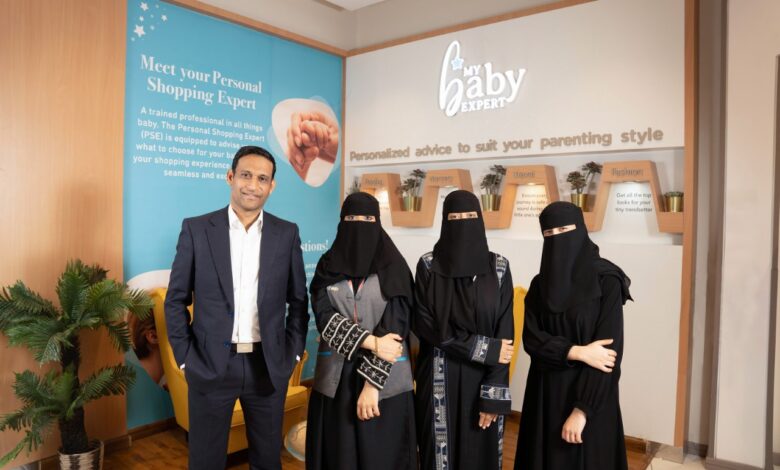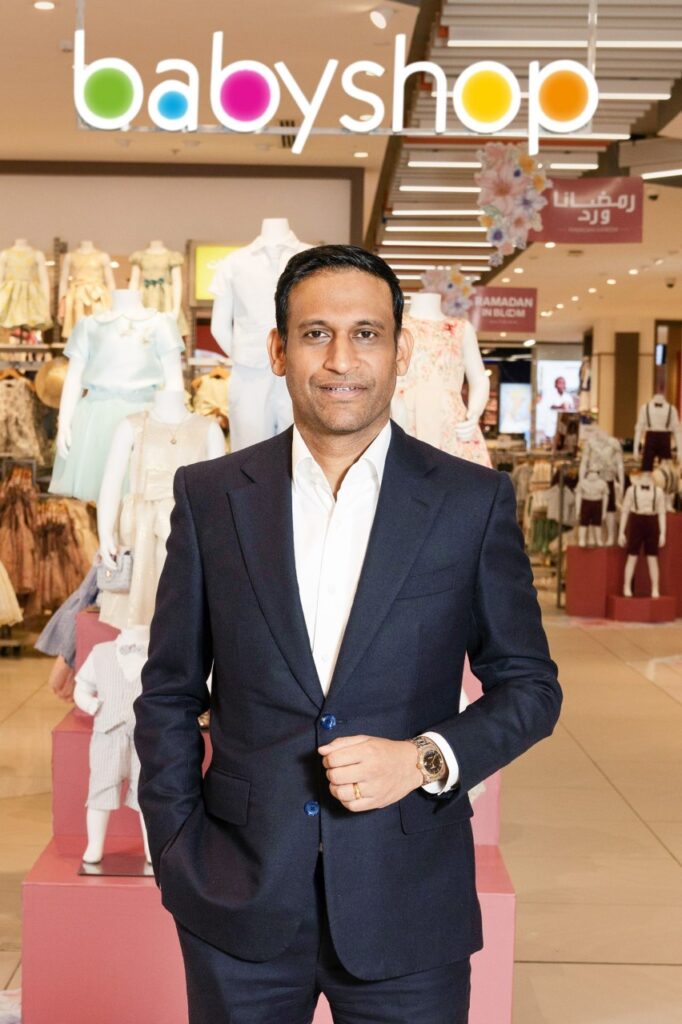The market trends influencing parenting & retail in the Kingdom

The children and baby retail sector in Saudi Arabia has been growing steadily in recent years, driven by a combination of factors, including population growth, rising disposable income, and a growing awareness of the importance of early childhood development and the best practices in how this can be achieved.
Despite the impact of the COVID-19 pandemic on the retail industry, growth rates show a recovery, in addition to changes in consumer habits, which is considered an important trend that control this sector, according to experts.
A recent study issued by the global research center, TechSci Research, expected that the baby care products market in the Kingdom of Saudi Arabia will continue its steady increase, which was previously estimated at a compound annual growth rate of about 8.6% between 2021-2026. The study showed that this growth is mainly linked to an increase in demand from people entering the country and driven by an increase in disposable income.
Saudi Arabia is growing from a population standpoint, as the nation becomes a hub for business, the population which stands at 34.81 million is projected to grow until 2060. This growth means more families will be entering the Kingdom to reside and will be in demand for quality products from retailers for their children.
In Riyadh, Saudi Arabia, Ruban Shanmugarajah, CEO of Babyshop said: “the market trends in the kingdom are focused on a new parent, one with more income and who may be seeking the best for their children, with the strongest focus on quality and safety of products and the service they get from a retailer. We started in Saudi in 1994, at Dammam Port and now fast forward, and we are delighted to be opening our 100th store here at Village Mall, Jeddah. Maintaining the highest quality standard is very important to us, I am happy we are known for the quality in Saudi and I am happy to announce that on Travel products and Car Seats we now have a 2-year warranty to further emphasis the highest level of confidence customers can get when they shop with us.”
Recent research with parents in Saudi Arabia shows that 97% of parents take their time buying their children’s clothes to check for quality and 86% of parents value the advice from the shopper assistants, highlighting the role of experts and services in stores, that are helping parents make the most informed decisions.
As a new generation of parents in the Kingdom emerge it is important for retailers to keep up with what they need, which is why Ruban, as of last month has opened a Marketplace retail platform and why Babyshop, who stock key brands, including market place – Junior, Giggles,
Eligo, Carters, Lee Cooper, Adidas, Puma, Kappa, XYZ, Bugaboo, Graco, Joie, Philips Avent, Tommee Tippee, have trained 102 Personal Shoppers across 63 stores, so they are leading the way in baby and children’s retail space in the nation.
The market trends that are likely to shape the future of infant and child retail in Saudi Arabia are:
• The growing demand for online shopping: With the increasing number of people shopping online, which is one of the habits acquired in the “post-Corona” era, there has been a greater growth in investment or strengthening the infrastructure that serves e-commerce options to meet consumer needs. This trend is likely to continue, as consumers seek the convenience and ability to shop from home, especially baby and children’s products.
• Increased focus on quality and safe products: This is another trend that is likely to affect the sector, as consumers are becoming more aware of the safety hazards that can impact the health and well-being of a growing child. However, not all players in this sector have the ability or the will to deliver on the highest level of quality. Recent studies of consumer behaviour in Saudi Arabia show that they are willing to pay extra for high-quality products that offer additional benefits, such as safe materials and safety-related designs.
• Broadening customer segment and increasing incomes: With many young people and a growing middle class, the infant and children’s retail sector in Saudi Arabia is likely to continue to grow in the coming years. As disposable incomes rise and parents strive to give their children the best possible start, retailers will have the opportunity to cater to a variety of consumer needs and preferences.





